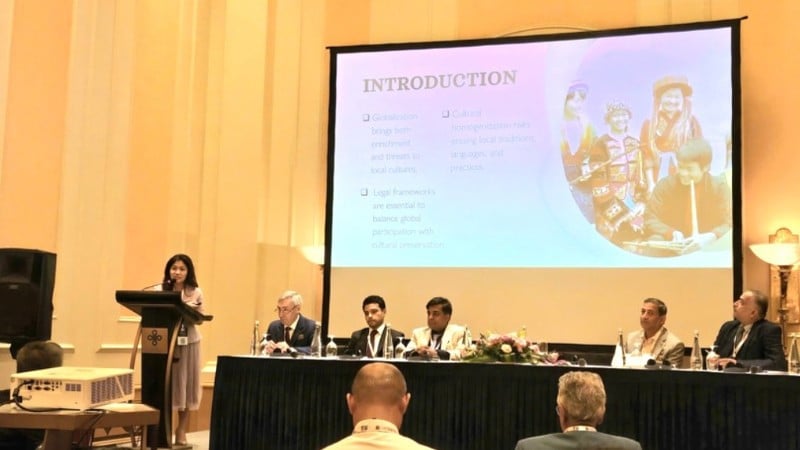
In the context of strong globalization, the intersection of information, technology, goods and cultural norms has opened up development opportunities and posed great challenges to the preservation of national identity. According to Dr. Nguyen Phuong Hoa, the law plays a key role as a protective “shield” and a “bridge” to help local cultures both preserve their own values and proactively participate in the global flow.
In her speech, Dr. Nguyen Phuong Hoa emphasized: Culture is not only a soft factor of development but also a fundamental human right - the right to create, access, participate in and enjoy cultural life. Most recently, at the World Conference on Cultural Policy and Sustainable Development (Mondiacult 2025) organized by UNESCO in Barcelona (Spain), cultural rights continued to be affirmed as an inseparable pillar in the global human rights system.
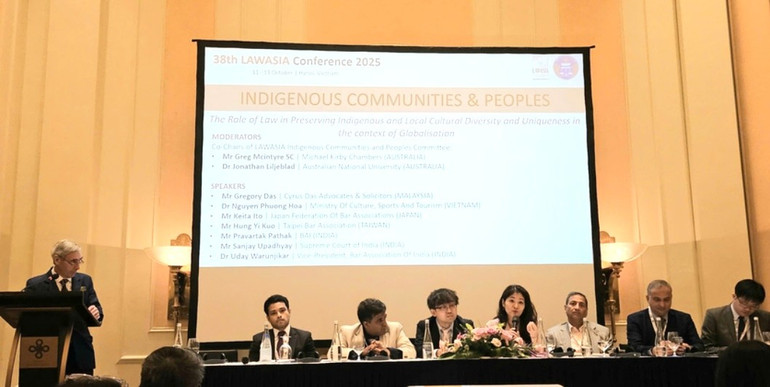
In Vietnam, cultural rights are clearly recognized in the Constitution, expressed through regulations on the right to access and participate in cultural life, the right to create art, conduct scientific research, the right to use languages, scripts and preserve the customs and practices of ethnic minorities. The national legal system with important laws such as the Law on Cultural Heritage, the Law on Education , the Law on Intellectual Property, the Law on Urban and Rural Planning, etc. has created a solid foundation for the protection of tangible and intangible heritage, indigenous knowledge, cultural spaces as well as the cultural rights of the community.
In addition to the domestic legal framework, Vietnam is an active member of many international conventions initiated by UNESCO and multilateral organizations, notably the 2005 Convention on the Protection and Promotion of the Diversity of Cultural Expressions. These documents affirm the right of each country to develop cultural policies appropriate to national characteristics while promoting the right to cultural participation of all social groups, especially women, ethnic minorities and indigenous communities. The connection between national laws and international standards helps Vietnam not only preserve traditional values but also make culture an endogenous driving force for development, harmonizing preservation and integration, national identity and global values.
Pointing out some challenges in the current cultural preservation work, Director Nguyen Phuong Hoa highlighted issues such as the lack of uniformity in law enforcement, the risk of commercialization of traditional culture and the conflict between modern law and traditional customs. However, she affirmed that an “inclusive, comprehensive, participatory” approach in the process of law and policy making, along with respect for cultural diversity, is the key to ensuring that the globalization process does not occur with cultural loss but becomes a driving force for the exchange and enrichment of ethnic identities.
Vietnam's presence and contribution at regional legal forums such as LawAsia 2025 is a testament to its strong commitment to protecting and promoting national cultural values, affirming the role of culture in the national development strategy in the context of increasingly deep globalization.
Source: https://nhandan.vn/vai-tro-cua-phap-luat-trong-bao-ton-van-hoa-dia-phuong-thoi-hoi-nhap-post915090.html


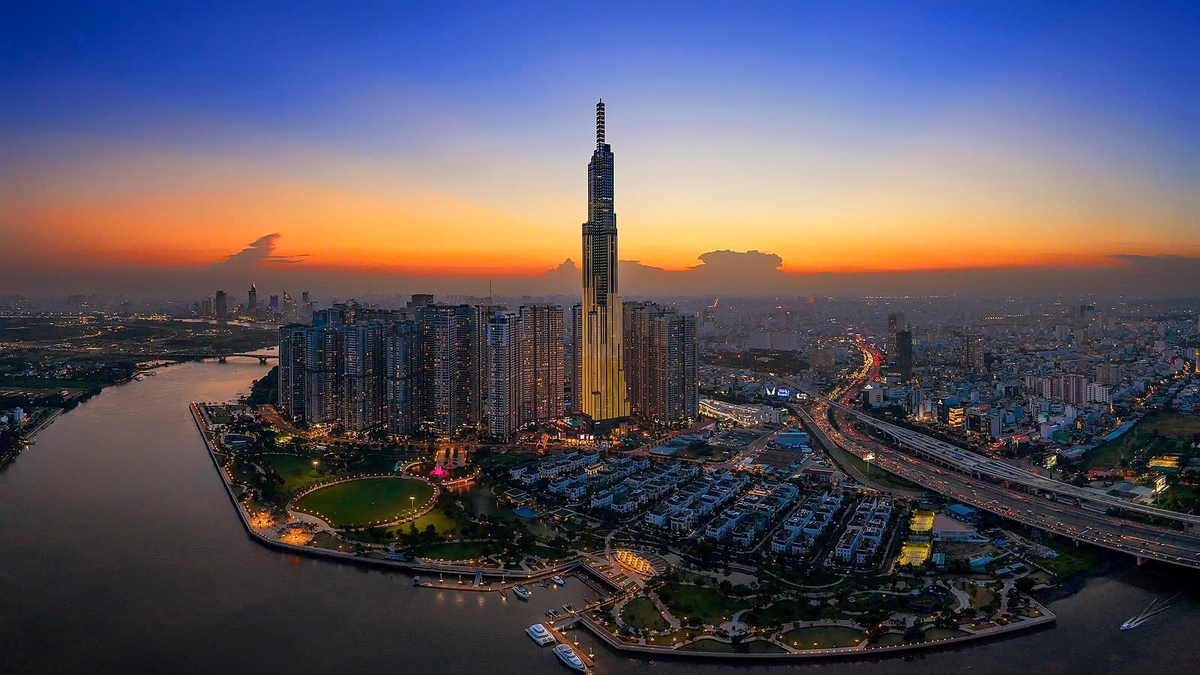







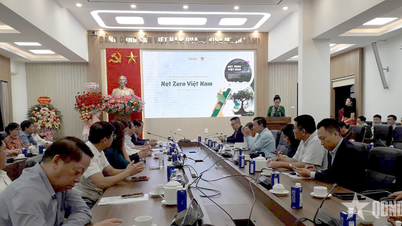
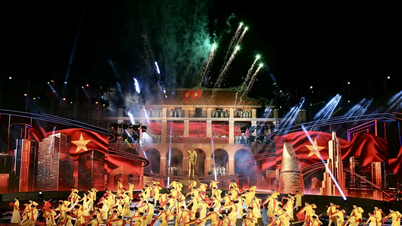

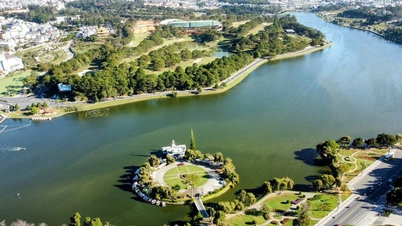

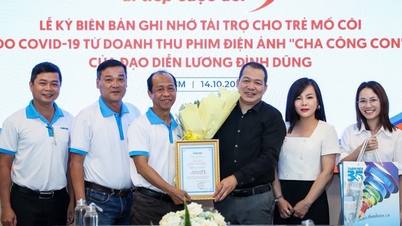
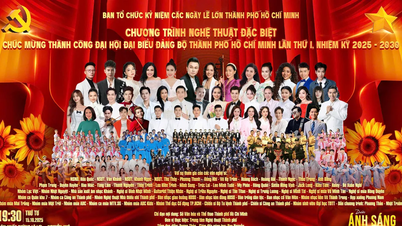




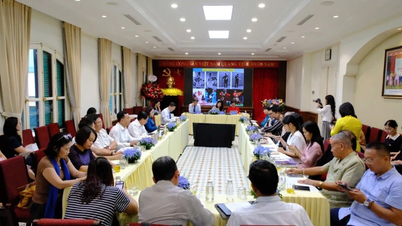
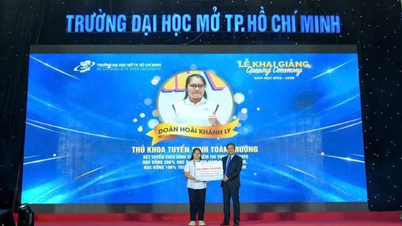
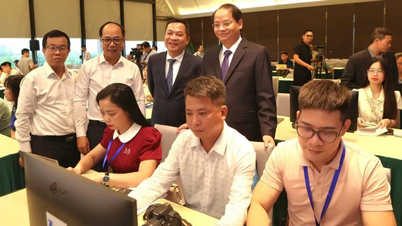
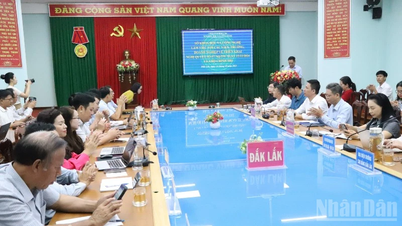
![[Video] Opening of the Press Center serving the 18th Hanoi Party Congress](https://vphoto.vietnam.vn/thumb/402x226/vietnam/resource/IMAGE/2025/10/14/1760428755332_img-1843-9688-png.webp)
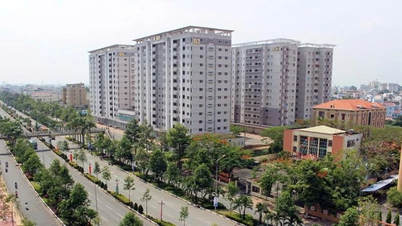




















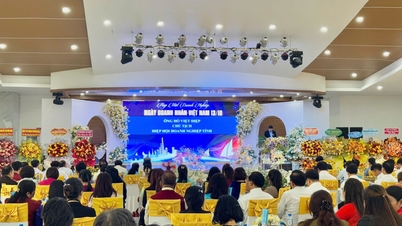




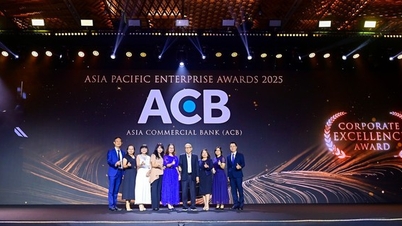






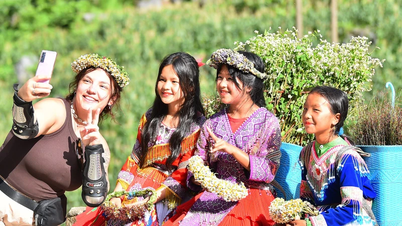
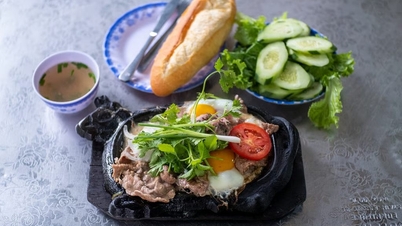




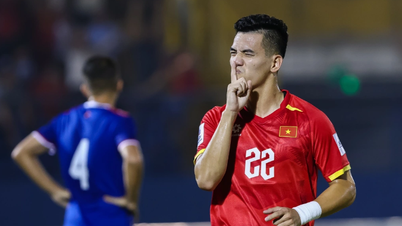
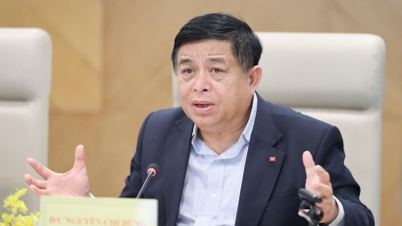
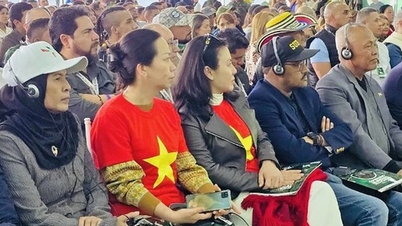

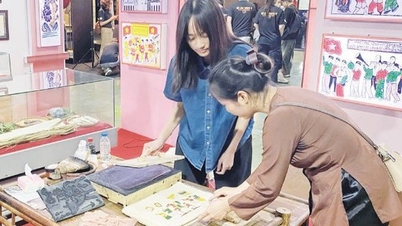
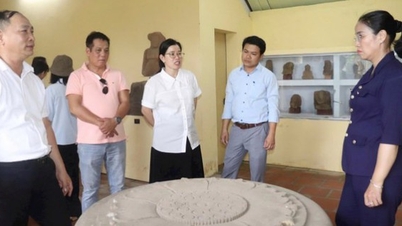
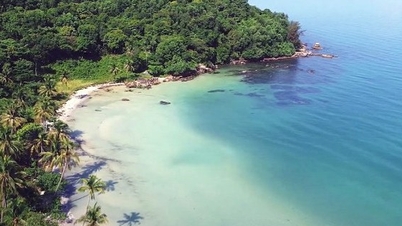

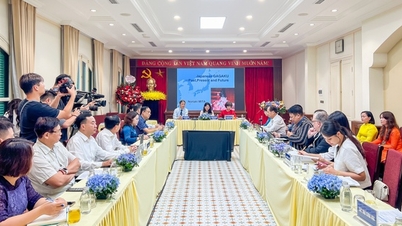
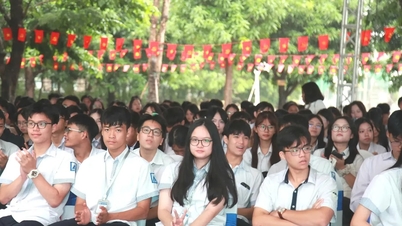
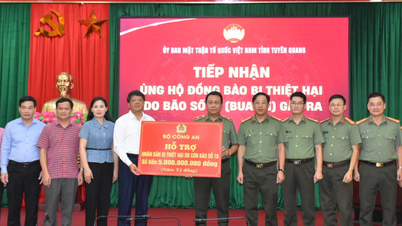

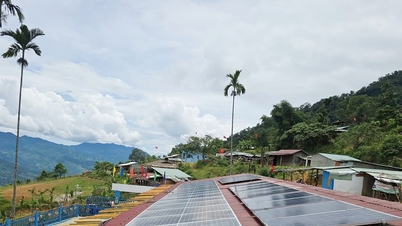
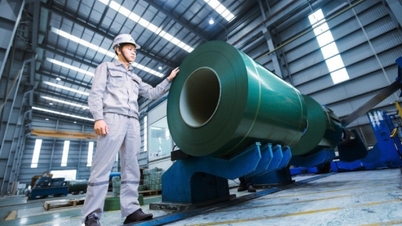

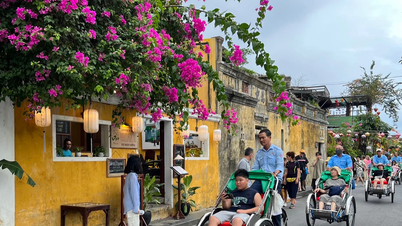

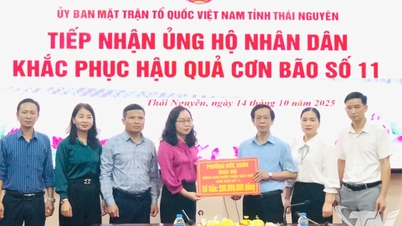

















Comment (0)